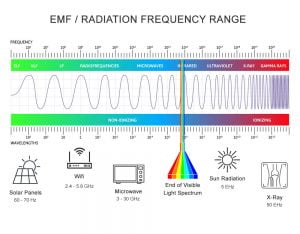Category: Guides
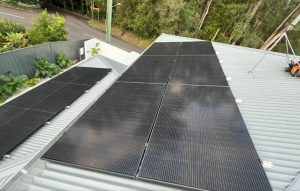
Solar power is becoming increasingly common, which allow us to use the solar energy in our homes and businesses. Solar electricity can be utilized for various purposes, it is highly feasible to use solar energy to charge gadgets, home appliances and now even vehicles. This can be possible by implementing and converting solar light into …
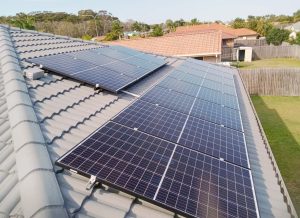
In today’s world, where sustainability and energy efficiency are paramount, harnessing solar power to run appliances like fridges is gaining popularity. Whether you’re looking to reduce your carbon footprint or seeking off-grid solutions, solar-powered refrigeration offers a reliable and eco-friendly alternative. Fridges need a steady supply of electricity to maintain the freshness of food. On …
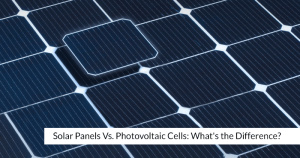
Solar panels and photovoltaic cells are often used interchangeably because most people seem to think they mean the same thing. But do they? Well, technically, no. Solar panels and photovoltaic cells are two distinct parts of your solar photovoltaic system. A photovoltaic cell is a single electronic component containing layers of silicon semiconductors that convert …
Continue reading “Difference Between Solar Panels and Photovoltaic Cells”
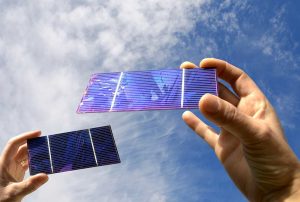
The photovoltaic process is basically how the absorbed sunlight converts into electricity. The photovoltaic effect is the process that involves two dissimilar materials coming into contact to produce voltage or electricity when exposed to light or radiant energy. This effect is what ables solar panels to be useful because the photovoltaic cell inside the panel …
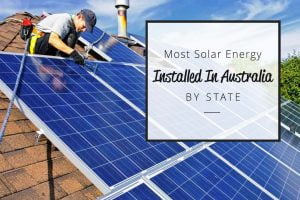
Australia is one of the countries in the western world encouraging their citizens to move from fossil fuels to more green options like solar energy. The solar energy industry in Australia is one of the fastest-growing sectors, with over 3.2 million solar energy installations and a combined output of 27,000 MW (27 GW) all over …
Continue reading “Most Solar Energy Installed in Australia by State”
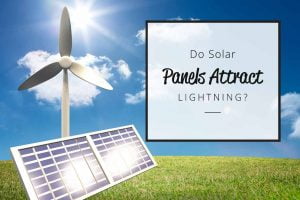
There are many myths attached to solar panels and lighting. Many people believe that installing solar panels in their homes can increase the risk of lightning attacks. But is this true? No. Solar panels do not attract lightning, and their metal racking does not increase the risk of lightning strikes. Both rooftop and ground mounted …
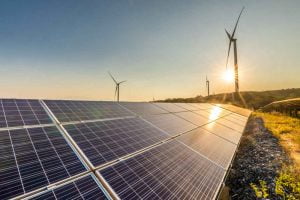
Undoubtedly direct sunlight provides optimal conditions for solar panels to generate electricity. But what if there is no direct sunlight? Can the panels still produce electricity? Solar panels can still work without direct sunlight because they use photons present in natural daylight to produce electricity. However, there will be a drop in their output without …
Continue reading “Do Solar Panels Need Direct Sunlight To Work?”
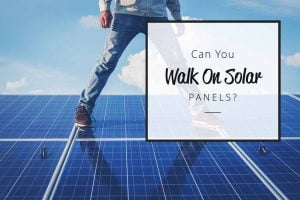
There are many instances where you might need to walk on solar panels such as cleaning or access to other parts of your roof. While it is safe to walk on solar panels, it is not recommended. Although you won’t get electrocuted while walking on solar panels, there is the possibility you may fracture the …

